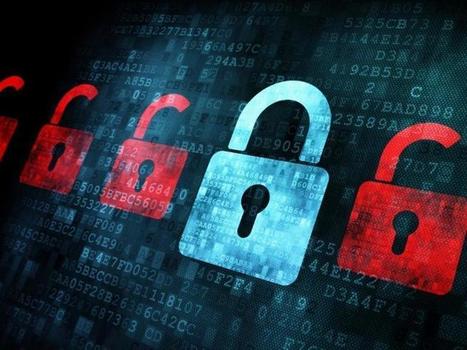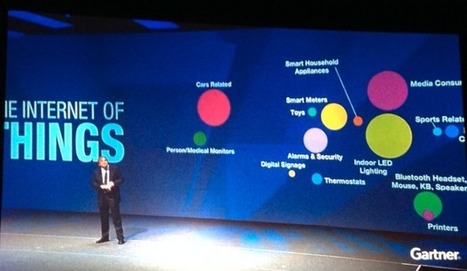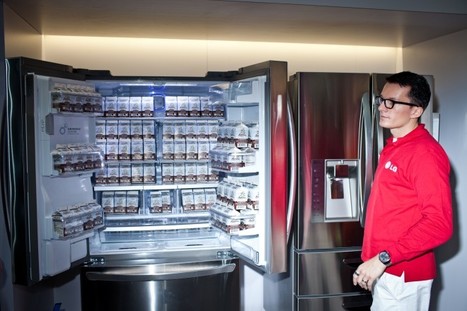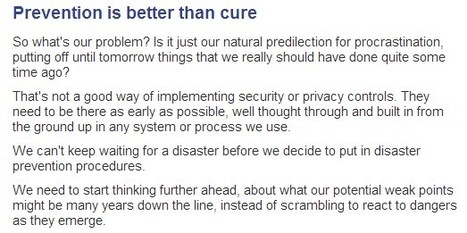It's all gone. All the passwords, all the user names, all the credit card numbers, the selfies, the fingerprints, the emails.
The state of tech security is currently so dire that it feels like anything you have ever stored on a computer, or a company or government has ever stored about you, has already been hacked into by somebody.
It's become so bad that it's already generated a mirthless cliché -- that there are only two types of companies: the ones that have been hacked and the ones that don't yet know they've been hacked.
So what can we do? I'd suggest three decent starting points.
First, as consumers we need to stop shrugging and accepting data leaks as business as usual. Security should influence our buying decisions: the organisations we deal with won't take security seriously unless customers and the public do, too. Our behaviour should signal to companies that good security can be a competitive differentiator. At the moment our apathy too often lets them off the hook. We as consumers need to understand the value of our data and then hold those that store it to account.
Second, companies should design security as a fundamental part of the services we use, not a nice-to-have addition. Few hackers will give a new service time to implement security before attacking it, yet too many innovations (the IoT, I'm looking at you) seem to think security is a secondary consideration until they make it big. Until that changes, security will always be an afterthought.
Third, the use of strong encryption should be the standard, not the exception. The digital services we use are now too intimate, too important, to be left unencrypted. The revelations of the last few years have shown us that no stream of data on the internet will go untapped by crooks or government.
Learn more / En savoir plus / Mehr erfahren:
http://www.scoop.it/t/21st-century-learning-and-teaching?tag=Proactive+Thinking



 Your new post is loading...
Your new post is loading...


















So what can we do? I'd suggest three decent starting points.
First, as consumers we need to stop shrugging and accepting data leaks as business as usual. Security should influence our buying decisions: the organisations we deal with won't take security seriously unless customers and the public do, too. Our behaviour should signal to companies that good security can be a competitive differentiator. At the moment our apathy too often lets them off the hook. We as consumers need to understand the value of our data and then hold those that store it to account.
Second, companies should design security as a fundamental part of the services we use, not a nice-to-have addition. Few hackers will give a new service time to implement security before attacking it, yet too many innovations (the IoT, I'm looking at you) seem to think security is a secondary consideration until they make it big. Until that changes, security will always be an afterthought.
Third, the use of strong encryption should be the standard, not the exception. The digital services we use are now too intimate, too important, to be left unencrypted. The revelations of the last few years have shown us that no stream of data on the internet will go untapped by crooks or government.
Learn more / En savoir plus / Mehr erfahren:
http://www.scoop.it/t/21st-century-learning-and-teaching?tag=Proactive+Thinking